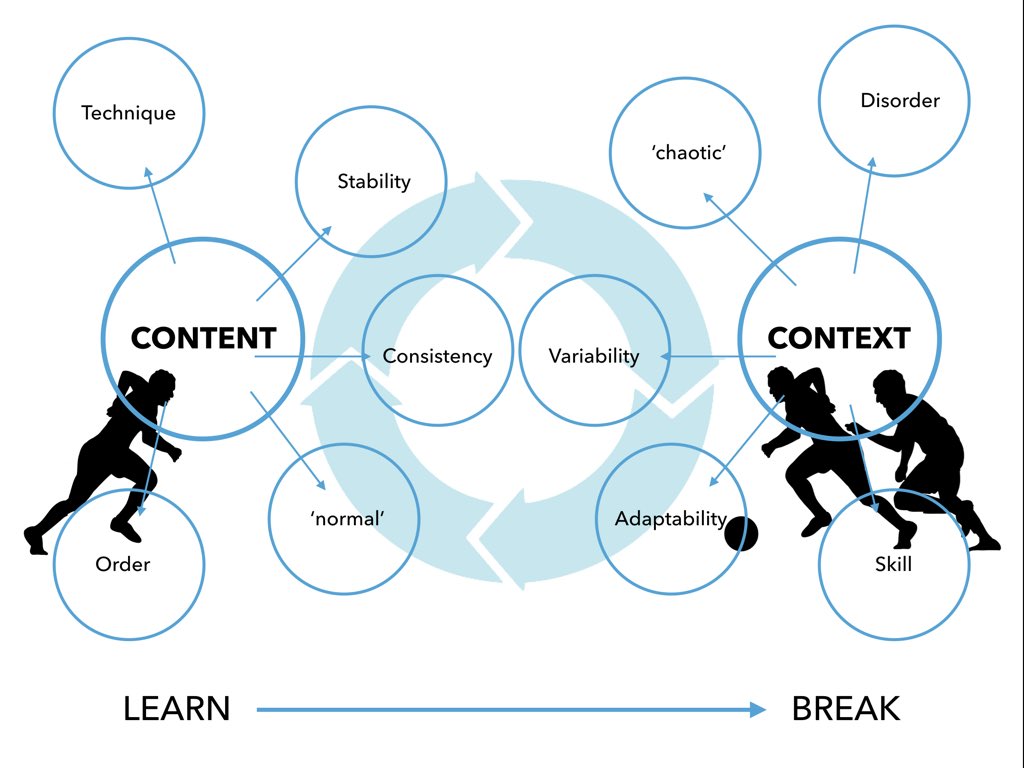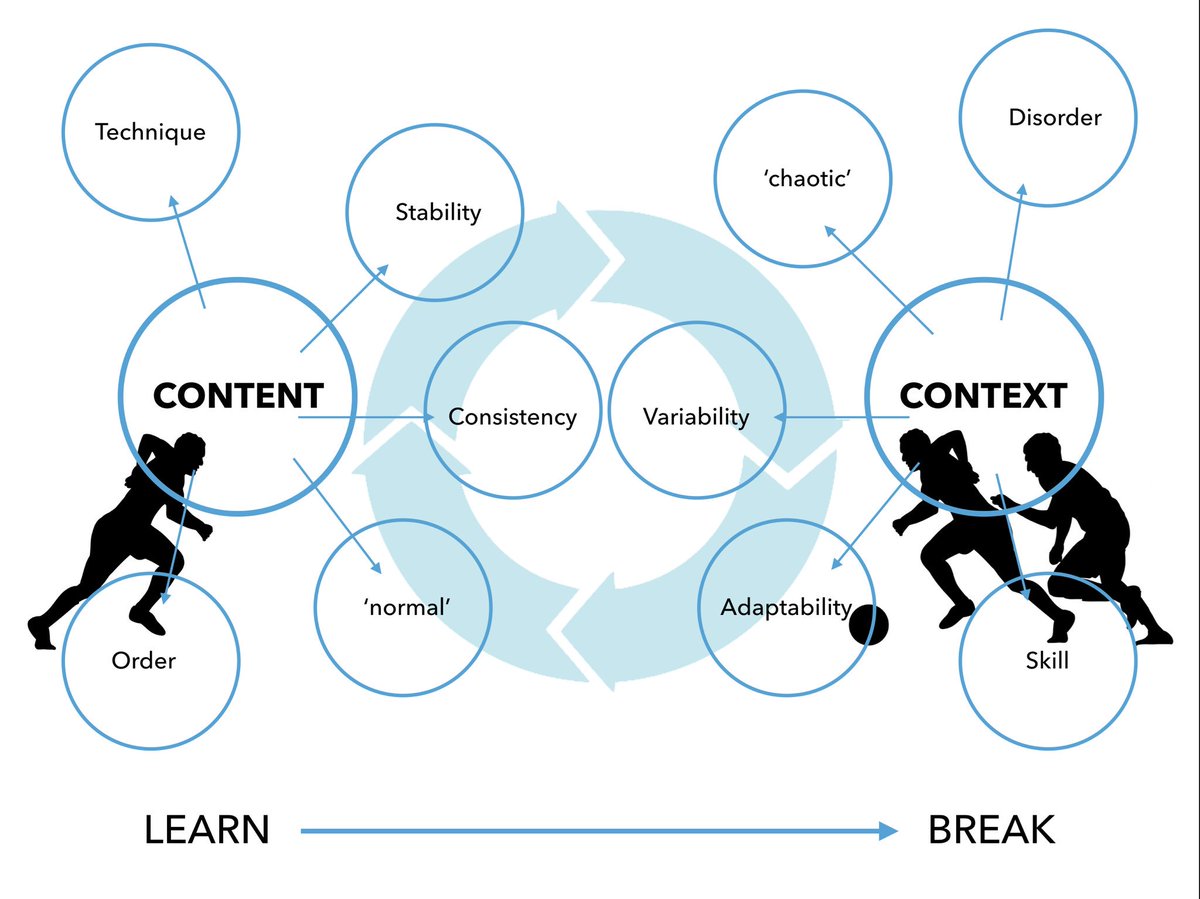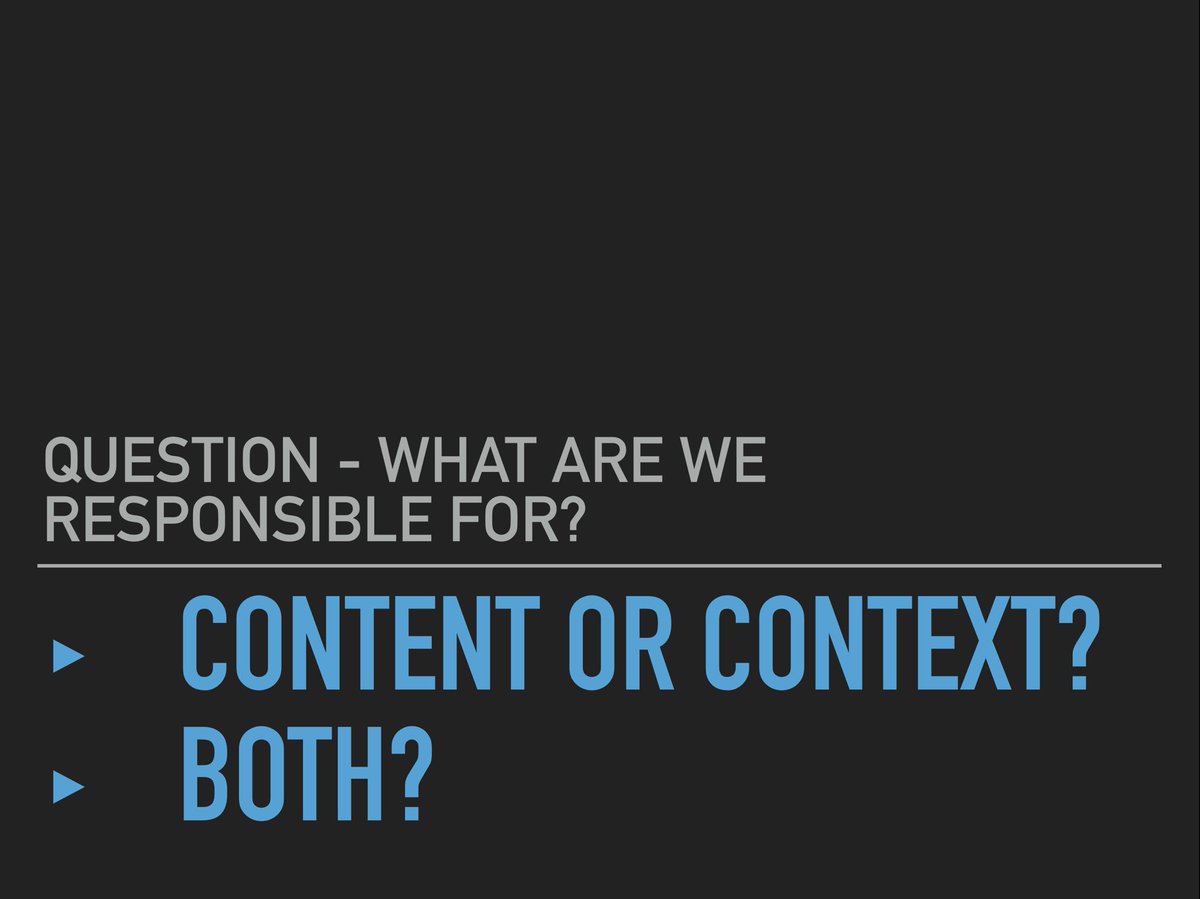
A technical cue for a mechanic problem is just adding fuel to the fire!


I personally feel the IP v ED ‘debate’ is a false dichotomy, and this has played out recently with those who critique (without understanding) self-organization, for example.
This CONTEXT though is governed in part by the CONTENT ...
It is not just one way - it is both
Circular causality





































